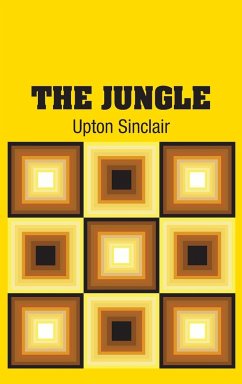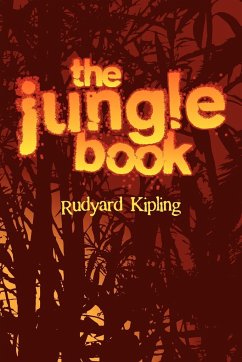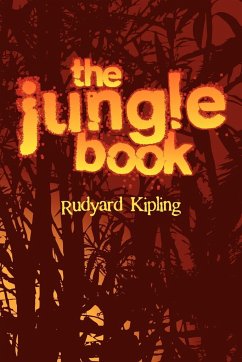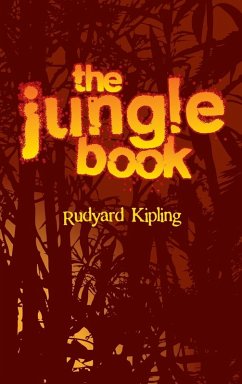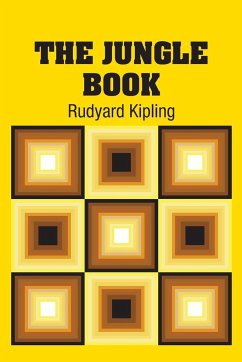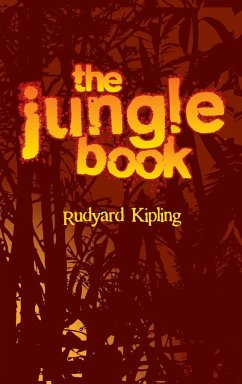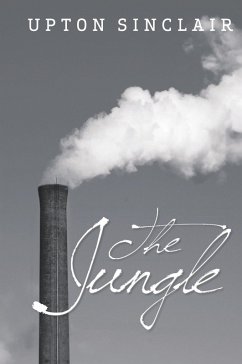
The Jungle
Versandkostenfrei!
Versandfertig in 1-2 Wochen
25,99 €
inkl. MwSt.

PAYBACK Punkte
13 °P sammeln!
"Practically alone among the American writers of his generation," wrote Edmund Wilson, "[Sinclair] put to the American public the fundamental questions raised by capitalism in such a way that they could not escape them." When it was first published in 1906, The Jungle exposed the inhumane conditions of Chicago's stockyards and the laborer's struggle against industry and "wage slavery." It was an immediate bestseller and led to new regulations that forever changed workers' rights and the meatpacking industry. A direct descendant of Dickens's Hard Times, it remains the most influential workingma...
"Practically alone among the American writers of his generation," wrote Edmund Wilson, "[Sinclair] put to the American public the fundamental questions raised by capitalism in such a way that they could not escape them." When it was first published in 1906, The Jungle exposed the inhumane conditions of Chicago's stockyards and the laborer's struggle against industry and "wage slavery." It was an immediate bestseller and led to new regulations that forever changed workers' rights and the meatpacking industry. A direct descendant of Dickens's Hard Times, it remains the most influential workingman's novel in American literature.



